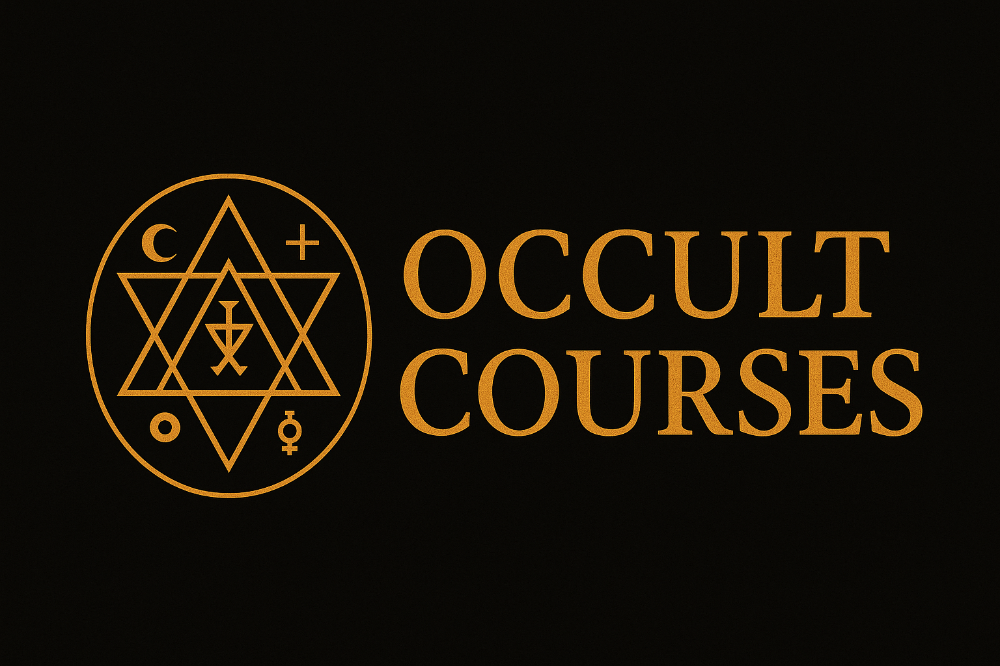Beelzebub - Lord of The Flies?

Beelzebub - Lord of The Flies?
Beelzebub, often referred to as the "Lord of the Flies" or "Prince of Demons," is a well-known figure in various religious and cultural traditions. This article aims to provide a comprehensive overview of the origins, mythology, and historical significance of Beelzebub, as well as shedding light on its various interpretations throughout history.
The Etymology of Beelzebub
The term "Beelzebub" is derived from the Hebrew word Ba'al Zebûb, which translates to "Lord of the Flies." In ancient Canaanite religion, Ba'al was a title used to denote a god or a deity, while Zebûb was associated with flies, which were believed to be a symbol of decay and death. That is the most common understanding of his name, but I discuss in my book, Beelzebub - A History as to why I don't think Beelzebub is an actual name but rather an insult to Baal.
Beelzebub in the Hebrew Bible
Beelzebub appears in the Hebrew Bible as a Philistine deity, worshipped in the city of Ekron ...
Moloch: The Ancient God of Sacrifice? Or Is That a Myth?

Moloch: The Ancient God of Sacrifice? Or Is That a Myth?
Moloch was an ancient god worshipped by the Canaanites and Phoenicians. The worship of Moloch involved child offerings but NOT sacrifices. These offers were believed to appease the god and ensure his favor. However, this practice was condemned in the Bible and was a major reason for God's judgment on the nations that worshipped Moloch.
The biblical tradition portrays Moloch as a god of death and destruction. The worship of Moloch was so abhorrent in the eyes of God. In later Jewish tradition, Moloch was associated with the demonic figure of Molech or Milcom, who was considered one of the princes of hell. However, this is not true at all and, in fact, a misinterpretation of Biblical sources. I cover this in my book:
Uncovering the Truth About Moloch: Separating Fact from Fiction
Origins of Moloch Worship
Moloch was a Canaanite god who was also worshipped by the Phoenicians, Ammonites, and other ancient peoples. The name "...

